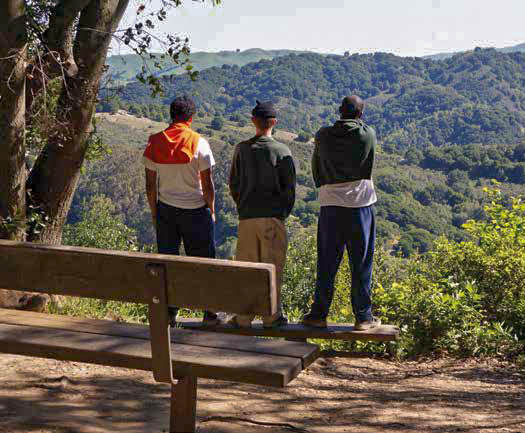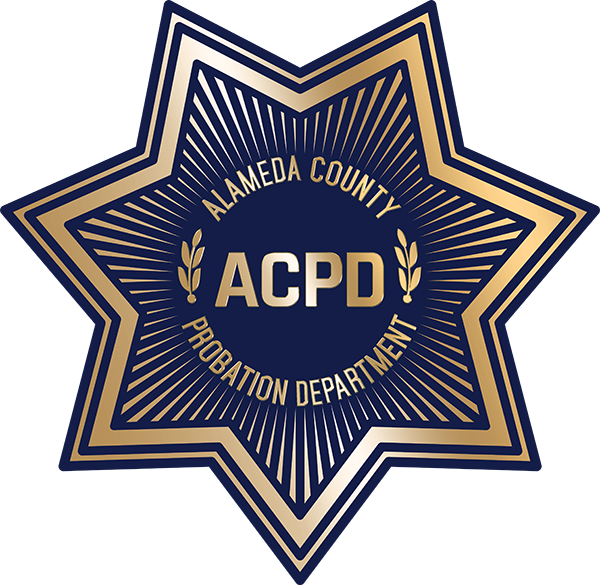JUVENILE HALL
Section 850 of the California Welfare and Institutions Code mandates every county Board of Supervisors to provide, maintain and fund a suitable house or place for the detention of wards of the juvenile court and of persons alleged to come within the jurisdiction of the juvenile court. Such house or place shall be known as the Juvenile Hall of the County.
Alameda County Juvenile Hall is a 24-hour secure detention facility capable of housing 358 minors. Located on county property in San Leandro, CA, the facility is staffed by Juvenile Institutional Officers who supervise the minors and are responsible for their care, custody and control. Juvenile Hall is a temporary holding facility for minors awaiting court and is operated in accordance with the regulations set forth in the California Minimum Standards for Juvenile Facilities, Title 15. Services include but are not limited to academic programming, medical and behavioral health care, organized recreation, religious and volunteer services and programming facilitated by a complement of community-based organizations. Services within the Juvenile Hall include:



